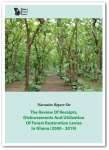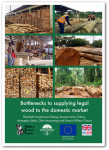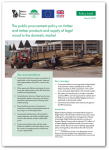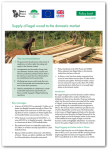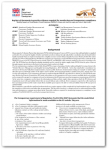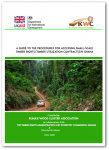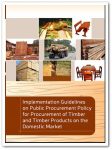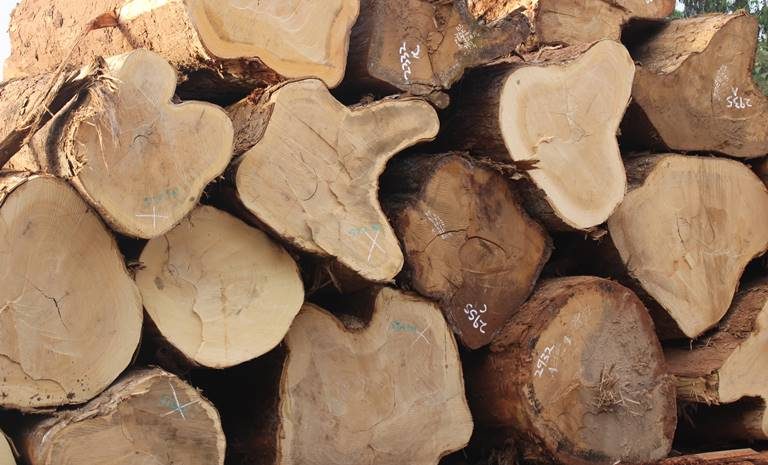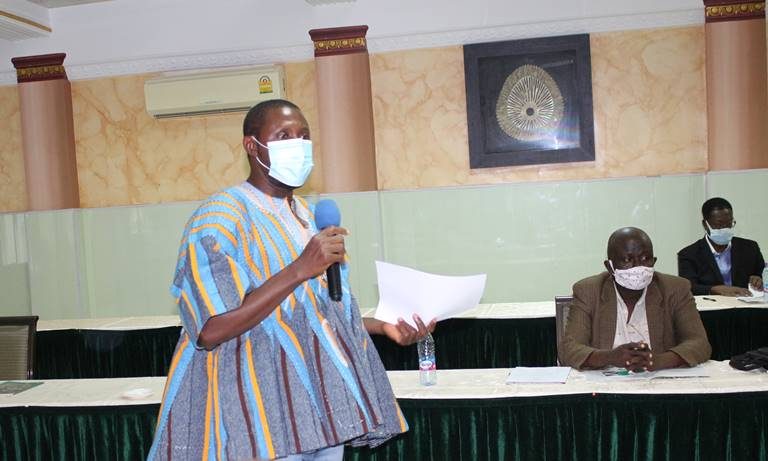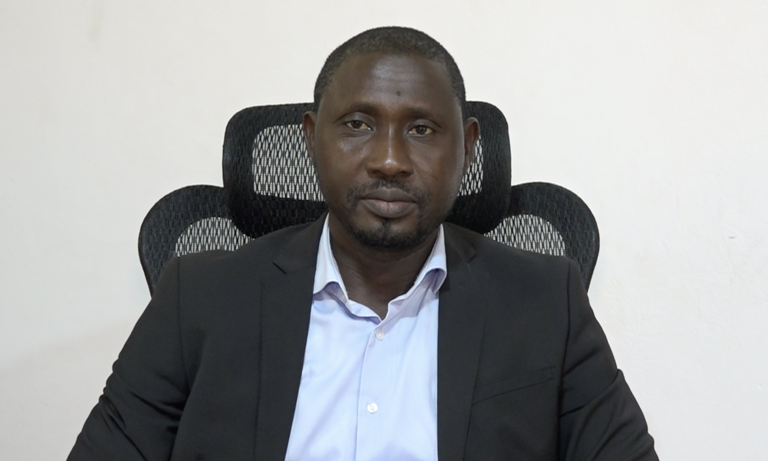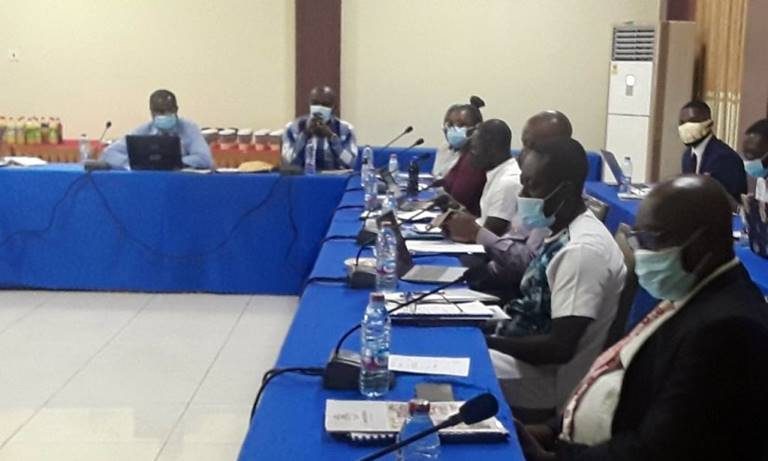Building the capacities of Small-Medium Forest Enterprises in Ghana and Liberia to supply and Trade in Legal Timber.
Background
The initiation of the FLEGT/VPA program in the two countries has revealed serious capacity challenges for industry. Although industry has benefited from FLEGT/VPA program assistance over the years, there is the realisation by stakeholders that, support to industry must increase for its successful implementation. Indeed, one of the biggest challenges to successful VPA implementation in Ghana is the preparedness of the SMFEs, including the timber milling and trading companies to meet the FLEGT requirements when it is rolled-out nationwide. In Ghana the SMFEs are important in the VPA process because many of the large volume exporters recorded by trade statistics do not own concessions or even processing mills: they just buy the finished products from these small companies, aggregate them and export. This means that every entity involved in the supply chain from forest to export or domestic market has to be ready for the VPA implementation.
The challenge
Ghana is likely to issue FLEGT license very soon. However, many SMFEs are inadequately prepared for the full roll-out of the Ghana Wood Tracking System(GWTS). It can be affirmed that more 60% of all timber consumed on the domestic market of Ghana are illegal. In addition, it is a trite that the hallmark of good forest governance in FLEGT/VPA is transparency and accountability nonetheless, this trite appears dormant in the Forest management system of Ghana. Meanwhile in Liberia, key stakeholders of the FLEGT/VPA processes; LibTA and LICSATDUN have capacity challenges to effectively contribute to their FLEGT implementation.
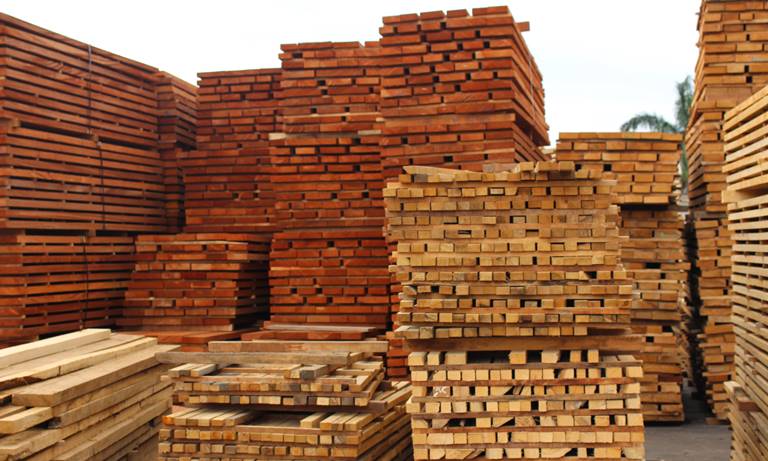
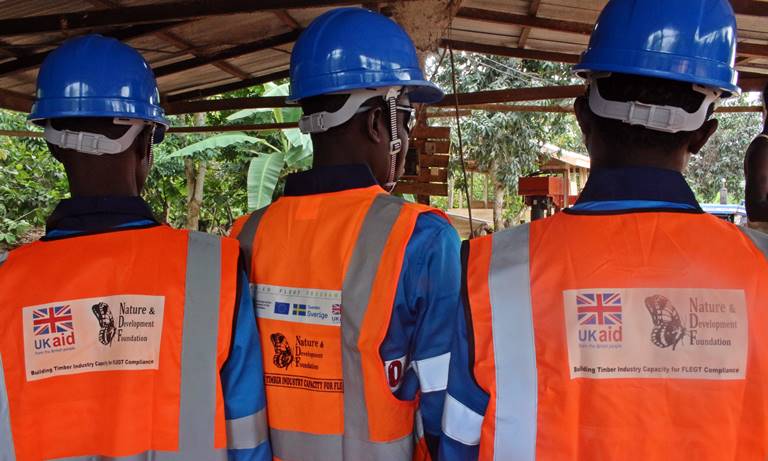
Objective
The objective of the project is to contribute to improved forest governance and promote legal timber trade in West Africa. Activities of the project specifically targeted;
- Compliance with GhLAS
- Legal timber in the domestic market
- Transparency and accountability
- Capacity of Liberia Timber Association
Approaches
The project used on-site mock auditing and capacity building approaches to train and assist Small-Medium Forest Enterprises (SMFEs) in Ghana to organize their internal system in alignment with the GWTS. Capacity building programs in the form of training workshops were also used to equip the timber SMFEs to enhance legality compliance. Development of Innovative Technologies (IT), dialogues and research were employed as approaches to promote the consumption of legal timber on the domestic market of Ghana, as well as evaluation of transparency and accountability on regulatory mechanisms affecting industry in Ghana. Study tours were adopted for knowledge exchange whiles documentaries were used as advocacy tools in the cause of project implementation.

Achievements
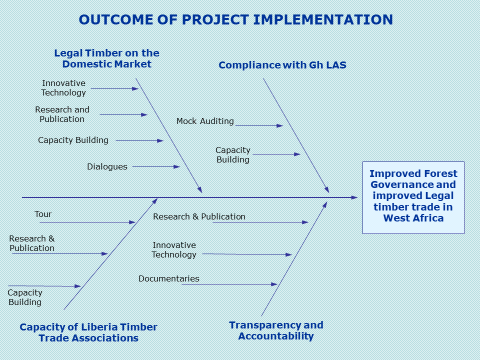
Compliance with Ghana Legality Assurance Systems (Gh LAS)
The project in collaboration with the Forestry Commission of Ghana supported a total of 120 companies, comprising both of exporters and domestic suppliers to be mock-audited. The mock-audit actions identified gaps of individual company’s compliance to the Gh LAS. Together with the companies, action plans to closing identified gaps were developed and monitored for execution. Staff of companies have built capacity through onsite training, surveillance and workshops to better provide legality compliance services to their respective companies.
Legal timber in the domestic market
Challenges to supplying legal timber on the domestic market of Ghana has been established by the project through research. An online platform dedicated to trading legal timber on the domestic market of Ghana has been developed and launched. The platform is designed to link buyers of wood to vendors of legal wood. The Ministry of Lands and Natural Resources (MLNR), the Forestry Commission of Ghana and the Public Procurement Authority (PPA) have been supported to greatly advance the implementation of the public procurement policy on timber and timber products. The thrust of the policy is that, “No illegally harvested timber should be used for Government works”. The idea is to use the purchasing power of Government procurement to signal the market in favour of legally produced timber. Members of the Chamber of Construction Industry (ChCI) have been sensitized on the properties, preservation requirements and uses of lesser-known timber species being introduced to the domestic market. Momentum for enforcing national standards on legal timber has also been built through the project.
Transparency and Accountability
Transparency is a key pillar in Ghana’s VPA/FLEGT implementation. A significant outcome for this project is the development of the industry portal to the Ghana Wood Tracking System (GWTS). The portal interfaces with the GWTS and allows industry to submit their legality data requirements directly into the system thereby adding values to businesses by reducing the transaction time of doing business and avoiding payment of un-prescribed monies to officials for assistance. Industry access to the portal is increasing industry confidence in the Legality Assurance System (LAS) of Ghana. The project also facilitated the signing of more than 60 new Social Responsibility Agreements (SRAs) representing more than 65% of all forest holdings of beneficiary companies. These contribution of TUC holders to the development of the communities in which they work was also documented and broadcasted. Forest plantations have been recognised as the sure way to ensure sustainable supply of raw material for timber industry. As a way of enhancing transparency and accountability, receipts, disbursement and utilization of levies earmarked for forest restoration has been reviewed and published by the project. In collaboration with the Timber Rights Administration Unit (TRAU) of the Forestry Commission and ClientEarth, procedures for accessing small-scale timber rights (TUC) has been developed and published.
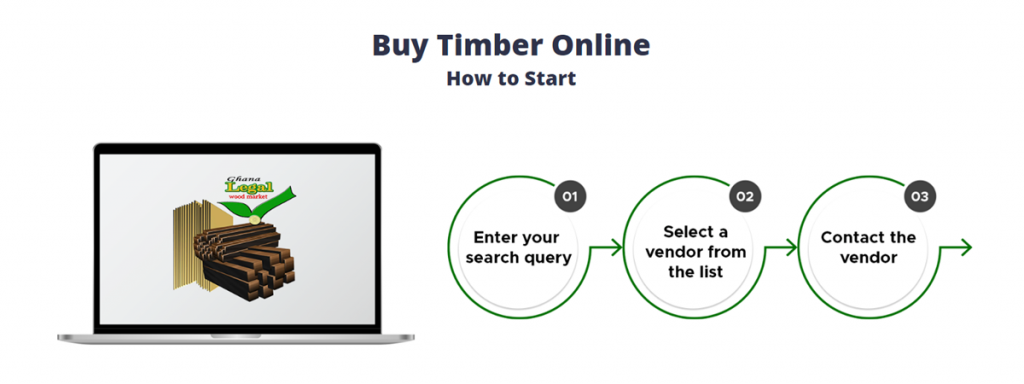
Capacity of Liberia Timber Trade Associations
In Liberia, knowledge and awareness concerning the rules and requirements of the Extractive Industry Transparency Initiative (EITI) and VPA programs was significantly increased among members of the Liberia Timber Trade Association (LibTA). The knowledge and capacity built has resulted in a sharp increase in the number of companies that not only completed their LEITI’s annual reporting template but also, there is increase in the number that completed it on time. The project also supported the secretariat of the LibTA to publish timber species and their properties. The publication is greatly assisting members of the association to showcase their products with ease. LibTA published a Grievance and Dispute Resolution Mechanism (GDRM) in the course of project implementation and the GDRM is expected to reduce the number of court cases between members of the association and citizens of their respective operational areas.
Still in Liberia, executives and members of the Liberia Chainsaw and Timber Dealers Union (LICSATDUN) exchanged knowledge with industry trade associations in Ghana on how to prepare their members for FLEGT licensing compliance. The project also helped develop the capacity of LICSATDUN in sustainable forest management and financial management for fiscal transparency. The project helped to develop the code of forest harvesting practices for chainsaw milling in Liberia in compliance with the Chainsaw Milling Regulation 115-11. Headquarters staff and County Executives of LICSATDUN received training on the code and in return, these trained County Executives and Headquarters staff provided similar training to more than 500 chainsaw operators in four counties. The financial officer was also trained with the usage of QuickBooks accounting which helped to put in place a transparent fiscal financial management system.
Duration
July 2018 – March 2021
Sponsor

UKaid
Partners
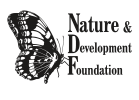
Nature & Development Foundation (NDF)
Ghana
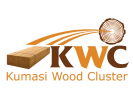
Kumasi Wood Cluster
Ghana

Liberia Timber Association
Liberia
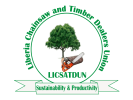
Liberia Chainsaw and Timber Dealers Union
Liberia
